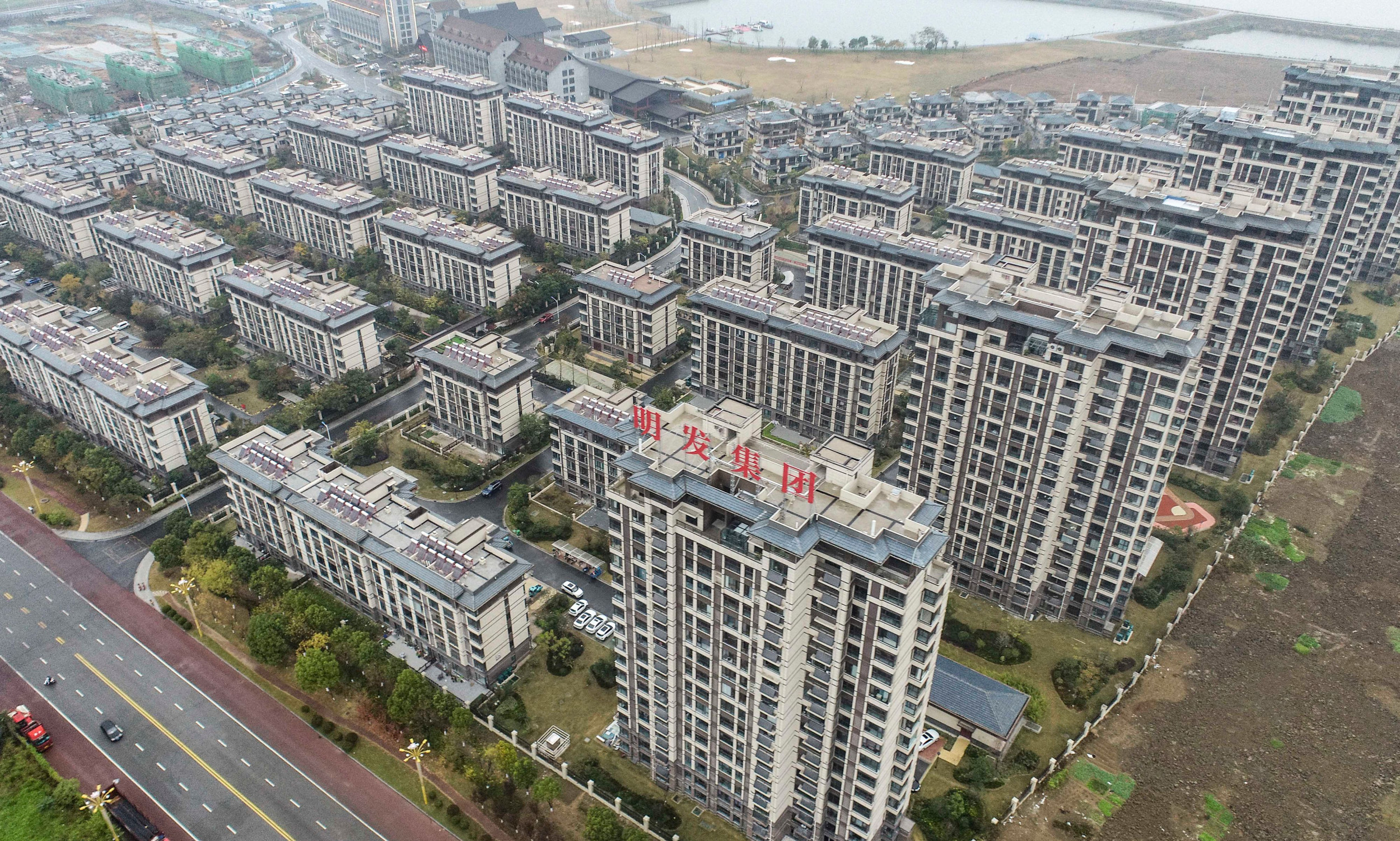
Is China's Economy Heading for Collapse? What We Know
['China', 'country', 'month', 'million', 'Chinese']
Weaker trade, slowing domestic spending, a deepening property sector crisis and slumping growth are raising concerns over the state of the Chinese economy.
Is China's Economy Heading for Collapse? What We Know
Seven months after the end of China's COVID-19 policies, the country's economy is growing slower than expected, hitting a slump that has raised concerns over whether it is heading toward a collapse. Is China's economy heading toward a collapse? These are the signs that are playing a part in the country's growth slowdown and worrying observers about a potential crash. On top of the yuan crisis, the National Bureau of Statistics of China reported that the country's economy has officially fallen into deflation after consumer prices fell year-on-year in July-by 0.3 percent-for the first time in over two years. While Western countries, including the U.S., have been battling with the opposite problem-trying to bring down rampant inflation-deflation for China means weaker trade, weaker sales, and a weaker outlook for its factories as the prices of goods fall as demand wanes. Zhongrong Trust has also reportedly missed payments to corporate investors for a total of $15 million, raising concerns over a rumored liquidity crunch that could trigger a wider financial crisis in China. For centuries, China had been the most populous country in the world, a record that was snatched in April by India. A demographic slowdown in China will leave the country with fewer available workers-and more retirees to take care of.